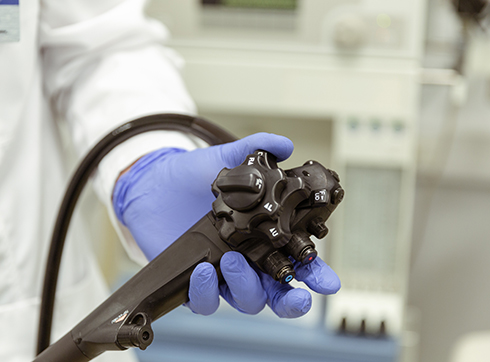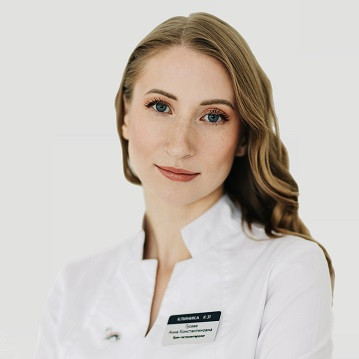
The colonoscopy procedure involves the introduction of a colonoscope into the patient's intestines, accompanied by a moderate supply of air or carbon dioxide to straighten the intestinal lumen. These actions inflate the intestines, and when passing anatomical bends, they exert pressure on the walls. All this can lead to patient discomfort and even moderate pain.
The procedure is performed within 20-30 minutes. In order to minimize possible discomfort and pain during the study, anesthesia may be prescribed by the diagnostician. The results (decryption, disk with video) are handed over to the patient on the day of execution.
Indications for endoscopic examination of the colon
- Age over 50 years - the study is carried out with a preventive purpose.
- With a hereditary predisposition to polyps or suspected bowel cancer.
- Blood in stools, bleeding.
- The presence of occult blood in the stool, detected by the test.
- Mucus and purulent discharge in the stool.
- Anemia and high ESR.
- Polyps and other neoplasms in the intestines.
- In case of illness: diverticulosis, ulcers, ulcerative colitis or chronic colitis, Crohn's disease, intestinal tuberculosis.
- Dull and cramping pains in various parts of the colon or rectum.
- Chronic constipation.
- Unstable stool, change of diarrhea and constipation, malabsorption syndrome.
Emergency indications for the study of the colon:
- Intestinal obstruction, stenosis.
- Bleeding from the intestines.
- A mucosal biopsy is urgently required.
- The presence of a foreign body.
















